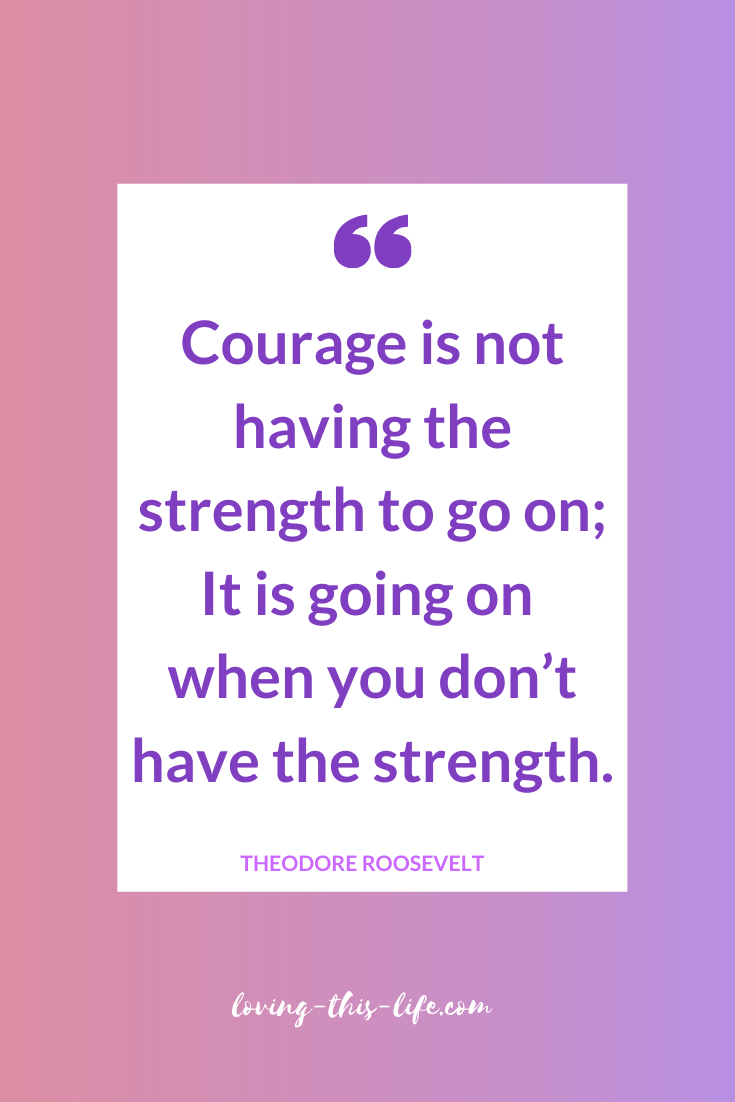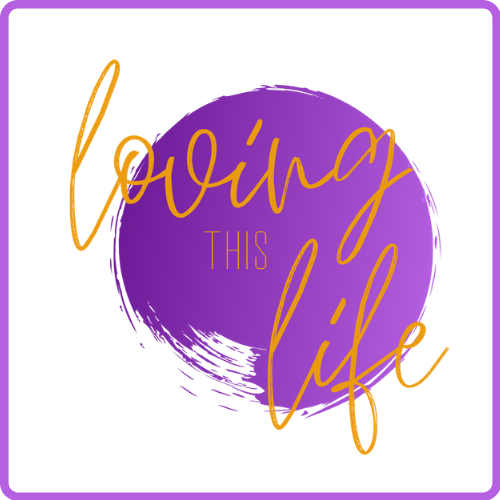
MY CHRONIC ILLNESS: 5 THINGS I WISH OTHERS KNEW
Do you wish that your family and friends knew more about your chronic illness and how it affects your life? I do!
The truth is, they see the results of chronic illness in my behaviour; through my interactions with them and the emotions that invariably come to the surface.
What they see though, doesn’t show the whole picture of what I’m feeling internally; what I try to hide from others; and the energy spent trying to “push through” and live as normal a life as possible.
5 things that I wish others took the time to understand:
1. I CAN’T ALWAYS TELL YOU EXACTLY WHAT I’M FEELING / MY WORDS DON’T ALWAYS GIVE THE WHOLE PICTURE OF MY CHRONIC ILLNESS: This evening as I was sharing some of my day with my husband, he reflected back to me: “do you know that you’ve said at least six times how very tired you are?” It wasn’t a criticism; he was just mirroring back to me what he was seeing and hearing.
When I stopped and thought about what I was trying to convey – it was true I was tired, but I was mostly overwhelmed because all afternoon I couldn’t get my head around what I was trying to do. Each time I thought I had a handle on it, the thoughts would disappear, and I’d find it almost impossible to pick it up again.
It’s called brain fog and it is one of the most annoying and debilitating symptoms of my Fibromyalgia. I found this article helpful to describe brain fog: Brain Fog and Fibromyalgia
I find it one of the scariest. My mother passed away two months ago. The last eight years of her life were lived with dementia – a truly horrible illness.
When I’m in the midst of brain fog and I can’t hold my thoughts together, I often fear where I’m headed and whether dementia is a part of my future, too.
(This isn’t based on medical research or anything like it, but I’m sure if you’ve experienced brain fog, you’ve possibly wondered, like me, whether you’re losing a part of your mind.)
2. EVEN THOUGH I CAN’T COME TO LOTS OF PARTIES OR OUTINGS, I STILL APPRECIATE BEING ASKED: It’s a horrible feeling to feel like you’re left out of everything and that people don’t even think about including you in things. Okay, it may be true, I may not be able to do 90% of activities, and I say “no” more than “yes” when asked, but I do try and work out what I can and can’t do. Every week is a carefully juggled programme. For example, if I’m working… I know I can’t go out at night. Or if I do, that it will wipe me out physically for the next couple of days. For others this may be different. You may be able to do more or less than me. We’re all unique and I’ve learnt to be thankful for what I can do.
3. I GREATLY APPRECIATE HAVING PEOPLE STAY IN TOUCH THROUGH A VARIETY OF WAYS: I absolutely love receiving gifts from others. It doesn’t have to be an actual present, it could just be a note or a phone call from a friend, saying that they’re thinking of me and go on to share something special about our friendship. This means the world to me.
It brings a ray of hope into my day…that I haven’t been forgotten even though I’m not physically present at events.
4. WORDS DON’T EXPRESS WHAT FIBROMYALGIA FEELS LIKE FOR ME: I’ve tried different analogies over the years to explain how it feels to live with Fibromyalgia, but this isn’t easy to do, as each day can be very different.
Some days, I just can’t get moving. My Fibromyalgia is more about fatigue with muscle aching. I don’t have the severe pain that others do. The fatigue is bad enough.
Every day I get up and start with a shower. By the time I’ve had a shower, got dressed, put my make-up on and done my hair – I am exhausted. I honestly feel like I could go back to bed. Oh, and I truly wish, I could wake up one morning feeling just a little bit refreshed from sleep. But that disappeared a long time ago.

So, the start of each day isn’t very positive. I just hope that my body will loosen up a little and start moving without me having to think through every movement.
5. I DON’T WANT SYMPATHY: I try not to be rude to people who don’t know me, but I really hate sympathy. It often comes in one or two forms. “Oh, I’m so sorry. How ever do you manage?”. Or “Oh, I knew someone who had…such and such an illness. They had no end of trouble, etc, etc, etc.”
It really doesn’t help to hear from someone else about others struggles with illness. I don’t feel like they are present with me and want to hear about my life. It feels like they just want to “dump” some useful information they know about someone else.
I truly value having others share their own stories with me, that’s not the problem. In fact, that’s usually a joy and are special moments in time.
But when others are trying to match up symptoms with people, etc, it usually ends up being exhausting as you listen to stories of people you don’t know and who aren’t present.
I don’t mean to sound ungrateful.
I know that often people share these things with the best of intentions – to try and connect, but unfortunately, sympathy doesn’t help.
Empathy is another thing all together. Having others want to know what life is like and spend time to actively listen to my world, is very precious.
Sometimes, it’s just easier to stay quiet, to listen outwardly, but inwardly withdraw. It takes energy to keep everything inside, when you long for others to understand. It also takes a lot of energy to try and share your life with others.
Finally:
Over the years I’ve developed friendships where I can share what is going on for me and this is where I know it’s safe for me to tell them what my life is currently like with Fibromyalgia. I also enjoy doing the same for them – giving them my space and time to share their world.
These five things that I wish others understood about my life has developed over a long period of time (I’ve had Fibromyalgia for over 20 years.). You may find this blog helpful: Fibromyalgia – what you need to know!
Complaining about my life gets me no-where, and that wasn’t my intention here. I hope that by sharing these things others might be able to articulate what they need in their life to help them move forward. If we can’t find the words to tell others, we can’t expect them to understand.
Sometimes, when you’re with someone close to you who wants to understand, just starting the conversation about what your world is like, means that together you can discover the words to describe it. It’s a special gift to have friends who help you find clarity about your own life. It also takes courage.
There’s a wonderful quote by Theodore Roosevelt that I love.
“Courage is not having the strength to go on; it is going on when you don’t have the strength”





